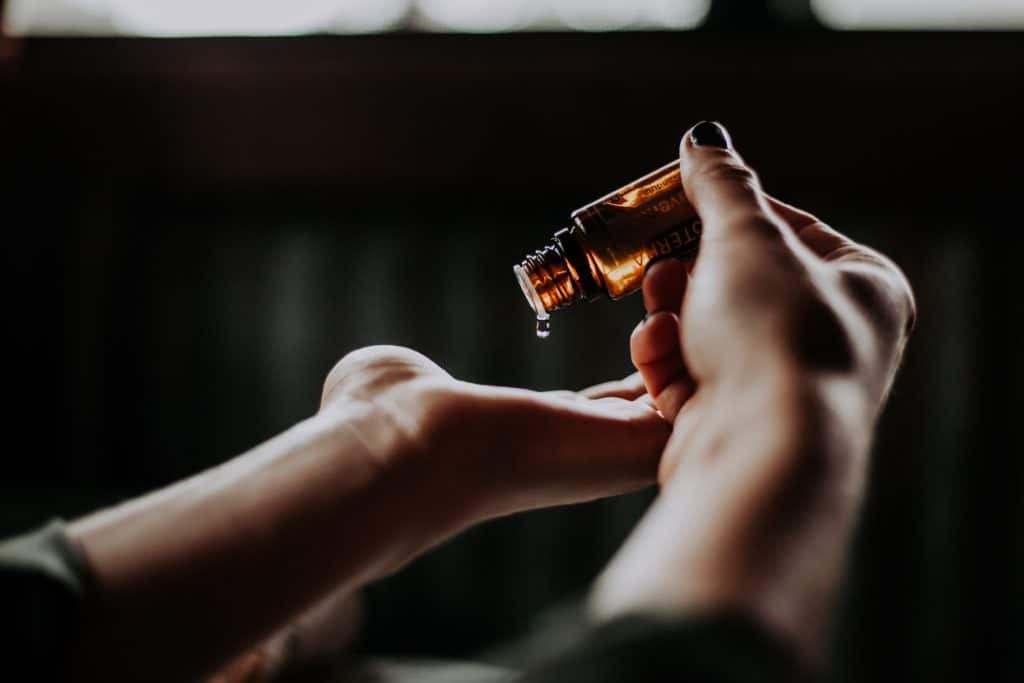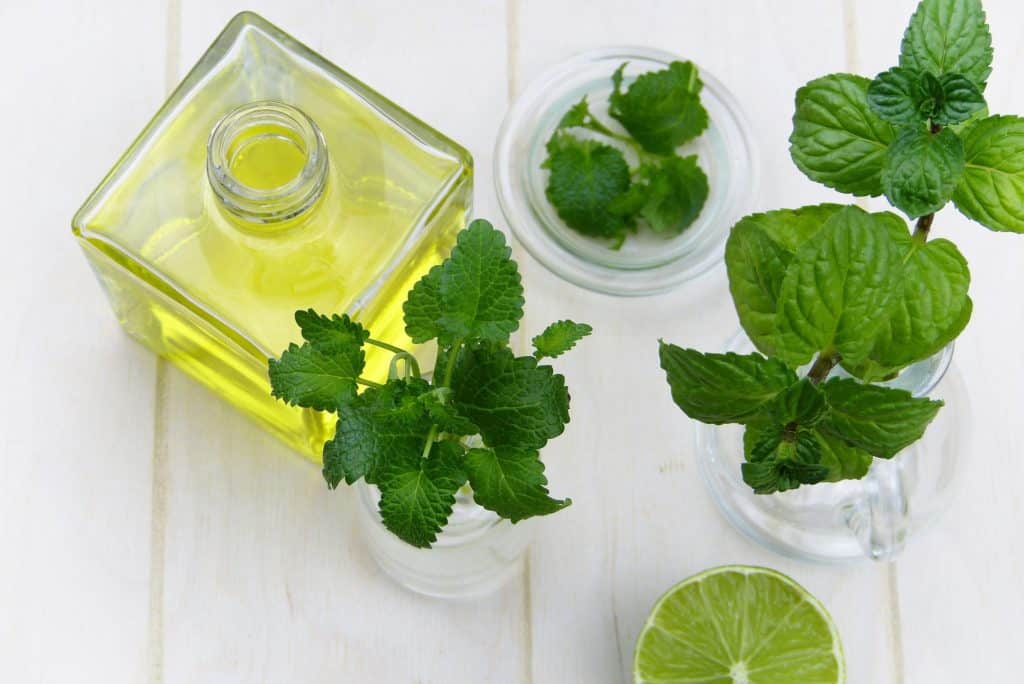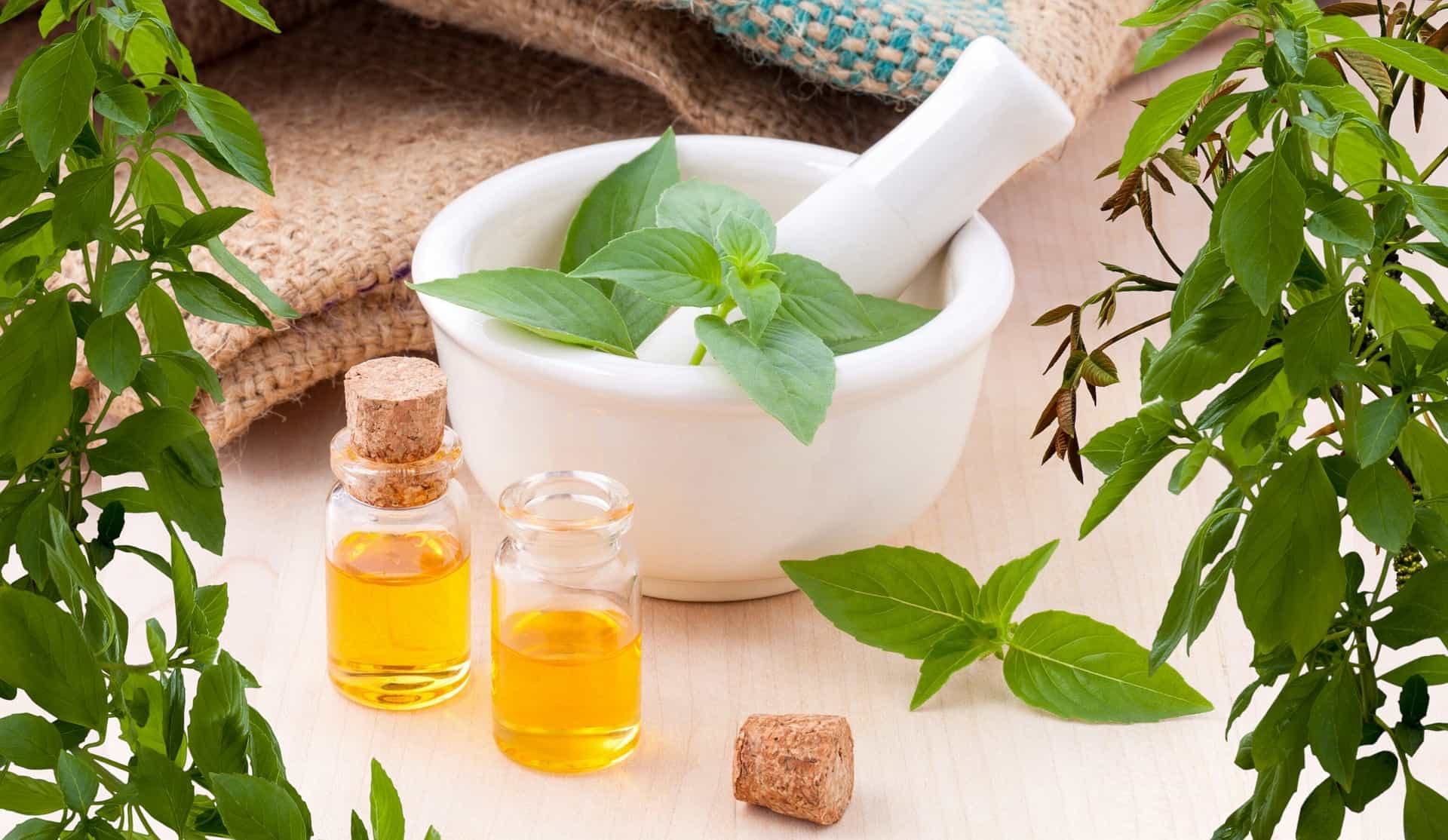Can oregano oil kill psoriasis?
Dealing with Psoriasis can be really annoying leaving your skin with inflamed patches, itching, and causing burning sensations, redness, and dry skin which can crack at any time and cause bleeding. All these can be very challenging with our day to day activities and making us so uncomfortable. The good news is oregano can be used to remedy psoriasis condition.
Psoriasis has proved to be a very tough health issue as many have tried numerous treatments but nothing seems to change with their condition. Well, oregano can greatly help in treating psoriasis effectively.
In this post, you will be able to, first of all, understand the psoriasis disease, what causes the health issue, some symptoms, and how oregano can help you fight against psoriasis. Also, you will be able to read a life-changing testimonial that will be linked-to in the subsequent paragraphs below.
What is Psoriasis?
Psoriasis is considered a chronic, painful, noncommunicable, and disabling health condition with serious negative impacts on the victim’s quality of life (1). It is mostly seen on the skin and nails which is an increasing process of skin production.
In other words, Psoriasis is also known to be an autoimmune health condition seen to influence a rapid skin cell build-up which later causes serious scaling on the outer skin surface. This chronic inflammatory skin disorder is usually associated with systemic manifestation like arthritis (2).
On a normal human skin experience, skin cells take over a month to follow a typical process of growing deep into the skin, slowly rise up to the surface and fall off. But with psoriasis conditions, this process only takes a
It is estimated over 2 percent of the U.S adult population are dealing with psoriasis. Age or gender does not really matter when it comes to psoriasis as it can occur at any age and for both males and females. However, it is more common during the ages of 50-69.
The exact cause of psoriasis has not been discovered but some evidence points to genetic predisposition but today, the condition of the immune system as a cause is largely being researched on. Triggers of psoriasis can be attributed to a certain external and internal condition which may include sunburn, infections, trauma, stress, and systemic stress.
Psoriasis can lead to inflammatory arthritis as it is the case of between 1.3% and 34.7% of people dealing with psoriasis. Also, between 4.2% and 69% of sufferers experience a nail change. And people dealing with psoriasis are known to be in risk of developing other challenging health conditions including cardiovascular and other non-communicable health issues (4)
Individuals with psoriasis experience scaly elbows and knees but can also develop in the hands, neck, feet, scalp, and even the face. Other types of psoriasis can also develop around the mouth, nails, and the genital area.
Types of Psoriasis
They exist about 5 types of psoriasis;
Plaque psoriasis
This is known to be the most common type of psoriasis and about 80% of psoriasis sufferers are dealing with plaque psoriasis (5). Plaque psoriasis is categorized with red inflamed patches over the skin and covered with whitish silver scales. Plaque psoriasis is common on the knees, elbows, and scalp.

Guttate psoriasis
This type of psoriasis is commonly seen with children. Guttate psoriasis is known to cause small pink spots on the torso, legs, and arms and can be differentiated from plaque psoriasis as being thin and less raised compared to plaque psoriasis.
Pustular psoriasis
Pustular psoriasis is well known to cause pus-filled white blisters and over a wide area of inflamed reddish skin. Pustular psoriasis is more common with adults and always seen around the hands and feet with a high possibility of spreading to other areas of the body if treatment is ignored.
Inverse psoriasis
This is a psoriasis infection that causes a bright reddish and inflamed skin usually under the armpits, breast, genitals, and the groin.
Erythrodermic psoriasis
Erythrodermic psoriasis is considered to be life-threatening as it is severe and a rare form of psoriasis. It is known to cover a wide surface of the body at once.
Some signs and symptoms of Psoriasis
The symptoms of psoriasis may differ from patient to patient. This might be due to the different types of psoriasis. Some patients experience a completely different type of symptoms if they are dealing with a common type of psoriasis.
The common signs and symptoms of psoriasis may include;
– Inflamed patches of raised, red skin
– The skin becomes extra dry which may crack and lead to bleeding
– The scales or plaques on the red patches are whitish-silver in color.
– Soreness is common around patches
– Some burning sensation and itching around the patches are common
– Joints can be painful and swollen
– Thick and pitted nails
Symptoms of psoriasis can be severe for a few days or even weeks, then clears up and can even become almost unnoticeable. If triggered the symptoms may re-surface but in some cases, the symptoms can clear out completely. In some instances, a patient may not experience any sings if the condition is in remission but that does not mean the condition can’t back at a later time (6).
What causes Psoriasis?
The cause of psoriasis is still not known but it is deeply believed the immune system and genetics play a contributing role in the development of psoriasis. With the individuals dealing with psoriasis, the immune system is falsely activated which results in the continuous and fast growth of skin cells without following the natural skin cells development circle.
In a normal skin cell development process, there is a constant renewal and shedding of the outer dead skin layer for new skin cells to be developed underneath. This process can take a period of about 3-4 weeks. However, with psoriasis, the cycle takes just 3-4 days, which causes the skin cells to pile up instead of falling off. Which then leads to thick, scaly red patches (7).
With psoriasis considered as an autoimmune condition, it explains why the skin cells develop so fast. Autoimmune conditions are due to the body attacking itself. For psoriasis infection, the white blood cells falsely or mistakenly attack the skin cells.
The role of white blood cells is to fight against unwanted bacteria and attack infections. Due to the false alarm and the white blood cells attacking the skin cells, the skin cells production cycle speeds up and goes into an overdrive. With the fast production of skin cells, they make their way to the surface and pile up to form plaques that are associated with psoriasis.
Psoriasis is also believed to be a genetic issue. In the case where one of the parents has the condition, then there is a 25% chance for a child to have it. Psoriasis can become worse when it is triggered. It is common for children with psoriasis to have flares-up of psoriasis after about 2-6 weeks after some health conditions like ear infections, strep throat, or even a mare cold. Injuries to the skin and infections will trigger psoriasis in children.
Diagnosis
It is not really necessary to run blood tests to diagnose psoriasis as a dermatologist can diagnose psoriasis by simply looking at the skin. The symptoms of psoriasis are easily identified from a physical examination and they can be easily distinguished from other health conditions with similar symptoms.
During diagnosis, it is important to let the doctor understand if other family members are dealing with the condition and to be able to show the doctor all the infected areas for better diagnosis.
Also, a biopsy can be done if the symptoms are not easily distinguished or if the doctor wants to be double sure of their diagnosis. With Biopsy, a small sample of the skin will be required for a lab test and examination under a microscope.
The biopsy diagnosis can give more information about the type of psoriasis which makes it easier for the doctor to propose treatment options.
Why oregano oil can cure Psoriasis
Oregano oil has always been used for thousands of years and by ancient healers to alleviate numerous health conditions. It is considered one of the most potent and powerful herbal treatments with outstanding health treatments.
Oregano essential oil can be used effectively to treat and inhibit numerous skin conditions which may include ringworm, eczema, toenail fungus, athlete’s foot which are quite similar to psoriasis with its anti-inflammation characteristics.
Oregano is also known to be an anti-inflammation, anti-bacteria, anti-parasitic, and anti-oxidant which when taken orally, it can boost your immune system and fight against numerous unwanted fungal, bacteria and viruses.
How oregano oil is used to cure Psoriasis

If you are interested in using oregano oil for psoriasis, it is advisable to consult a certified health care practitioner or your doctor for professional advice. Also, it is important to make sure you are not allergic to oregano. You can be allergic to oregano if you are allergic to mint, basil, sage or marjoram. These plants are members of the Lamiaceae plant family including oregano.
If you are pregnant or a nursing mother, it is advisable to avoid using oregano oil. Oregano oil can cause serious complications with the fetus and can slow the flow of milk for breastfeeding mothers. It is also advisable for diabetes patients to avoid the use of oregano oil as it can lower blood sugar levels
Using oregano oil alongside blood-thinning medications or anticoagulants is not a good idea. Oregano oil can cause the free flow of blood in our system and if taken with an anticoagulant drug, it can cause bleeding.
The Best way to use oregano oil for Psoriasis
Just like with ringworm, you can easily make an effective healing cream to be used topically at home with oregano oil. You can simply mix 2-3 drops of oregano with a tablespoon of
For severe conditions, you may have to take oregano oil internally. This can be done by adding 2-3 drops of oregano oil in a glass of water and drink. You can also use any beverage of your choice, for example, apple or orange juice. If you are using oregano oil internally it should be for a short period of time especially when using the pure oil directly. It is recommended to use the oil for not more than 2 weeks. You can always take a short break and resume the treatment.
You can best use oregano capsules for this purpose and if you find the taste of oregano unpleasant. Some capsules can be used for a long period of time, but always remember to read the manufacturers’ instructions on using their product. You should not exceed more than 600mg of oregano a day.
You can read a full testimony of Stephanie, and how she used oregano essential oil to fight psoriasis.
Best prevention practices.
The practical way to prevent psoriasis symptoms is to avoid the triggers of the symptoms. The triggers are known to differ from patient to patient which means what can trigger psoriasis symptoms for one person may not be the same thing that can trigger the symptoms for another person. Identifying the things that trigger the symptoms and avoid them can be the best way to prevent psoriasis symptoms (8).
Below are some common triggers for psoriasis;
Stress; People dealing with psoriasis can experience flares when they are stress. It is important to avoid being stressed. This can be done through psychotherapy, yoga, meditation, and relaxation technique.
Certain medications; Some medications can trigger psoriasis. Medication like lithium, antimalaria drugs, Inderal, indomethacin. Always remember to visit your doctor to discuss any prescription and how it may react to your condition.
Skin injuries; Injuries to the skin can trigger psoriasis. It is known as koebner phenomenon. Skin injuries that can trigger psoriasis can include sunburns and scratches. Protecting the skin from the sun and from scratches, by being cautious when engaging in outdoor activities can help.
Avoid being infected; Infections increase stress on the immune system which can trigger psoriasis. If you suspect of being infected, try to get a treatment as soon as you can. Try to boost your immune system so as to limit being infected.
Eating healthy; Eating healthy is important when dealing with psoriasis. Being obsessed or overweight makes the symptoms of psoriasis even worst. Foods like red meat, dairy, high-fat foods, processed foods, refined sugars, citrus fruits, tomatoes, potatoes, and peppers can trigger the symptoms of psoriasis.
You can eat more of fatty fish (salmon and tuna), seeds (flax seeds and pumpkin seeds) Nuts (almonds and walnuts) green leafy veggies (spinach and kale)
What cure Psoriasis fast? How can I get rid of Psoriasis fast?
You can relieve your psoriasis symptoms fast by taking the first step to prevent any triggers. Then you can start taking some anti-inflammatory treatments like oregano oil internally which will also help to boost the immune system. Prepare an effective oregano cream treatment to apply externally 3-4 times a day.
Some questions asked about Psoriasis
What foods trigger psoriasis flare-ups?
Foods that can trigger psoriasis flare-ups can include, red meat, refined sugar, fatty foods, processed foods, citrus fruits, dairy, tomatoes, potatoes, and peppers can trigger the symptoms of psoriasis.
How do you stop psoriasis from spreading?
To prevent psoriasis from spreading you will need to eat healthy diets, avoid the use of alcohol, smoking, sleep well, decrease stress, protect the skin for sunburns and scratches, improve your immune system, use moisturized lotions and avoid certain medication that can trigger psoriasis symptoms.

Can tea tree oil get rid of psoriasis?
Tea tree oil can be used to treat psoriasis symptoms. Tee tree oil is known to be highly potent and has anti-inflammation, antibacterial, antiviral, and antifungal properties which make it possible for tea tree oil to be used to treat psoriasis.
Can psoriasis spread by scratching?
Scratching psoriasis may not cause the infection to spread as psoriasis is not contagious. Spreading of psoriasis can become possible if nothing is done to treat the condition which may cause the symptoms to start showing up in other parts of the body.
How can I treat nail psoriasis at home?
To treat nail psoriasis, you will have to protect your nails from any situation that can trigger the symptoms. You will have to always keep your nails short, wear gloves during any manual work, try to keep your hands moisturized, play it safe with your cuticles to avoid any injuries, avoid biting your nails or the skin around them, avoid the temptation to scrape the buildup under your nails, and avoid artificial nails. You can drop your oregano mixture on the nails from time to time.
EndNote
Oregano oil can be used to treat psoriasis just like any other skin conditions. Oregano’s anti-inflammation properties can greatly help to treat the symptoms of psoriasis and boost our immune system when taken internally. When using oregano oil, it is important to make sure the oil is 100% organic and therapeutic grade with carvacrol levels above 75%. Also, the use of carrier oils to dilute oregano oil before use is very important as oregano oil is considered a hot oil and can burn badly. Using oregano oil internally can speed your healing results. You can take the oil directly or use capsules. Share your experience with using oregano oil for us to learn from your experience.





0 Comments